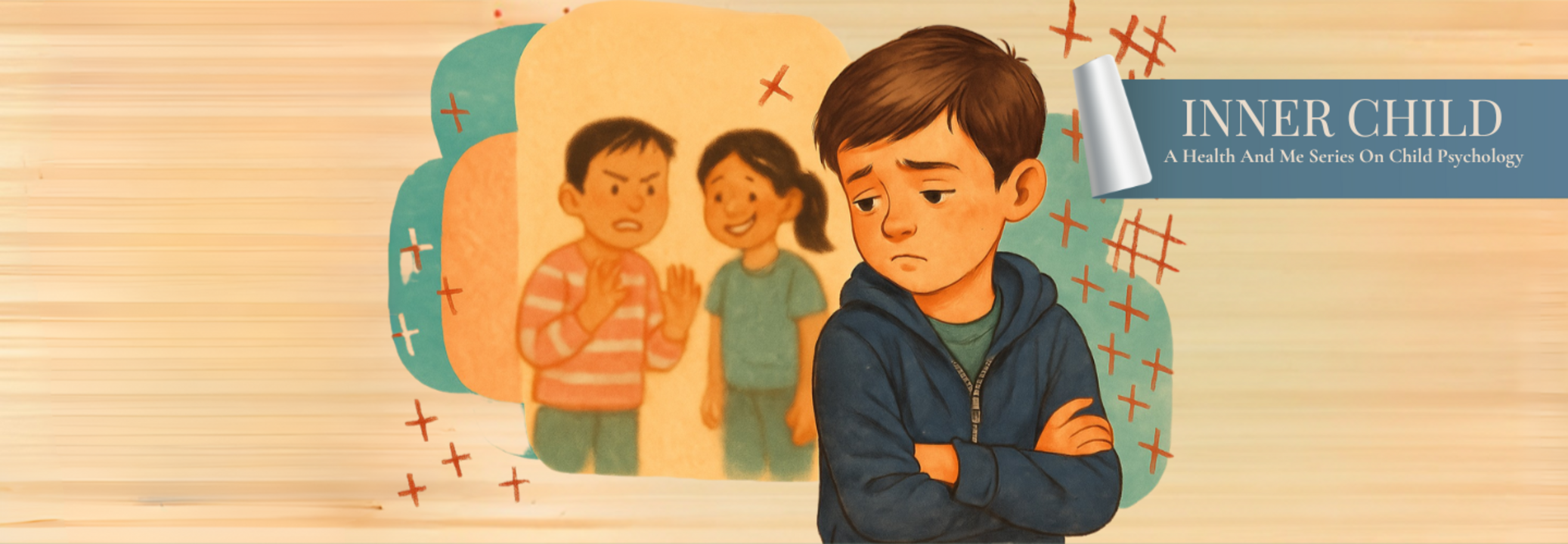Inner Child: When the Bullied Turns Into A Bully – Psychology Of A Victim’s Defense Turned Attack

SummaryTo understand the psychological aspects of a bully and how their trauma may affect their actions, we spoke to experts, to understand the psychological nuances of a victim’s perspective and how it affects their actions
End of Article
